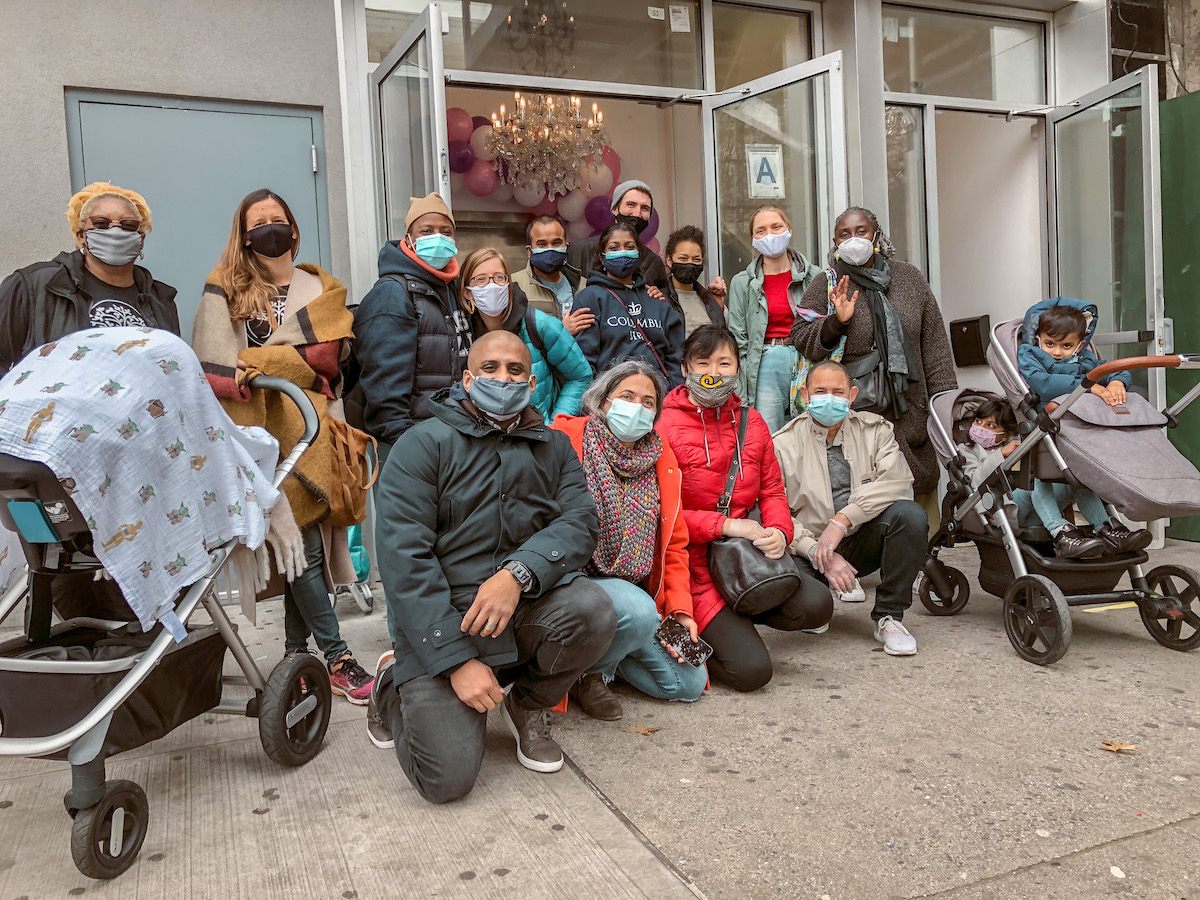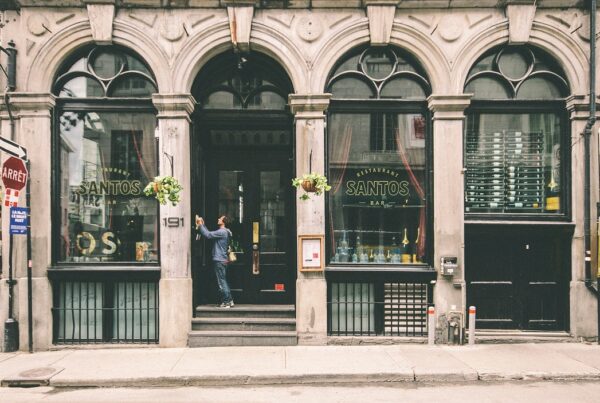Most church planters plant in places they call “home” and among people with whom they share some affinity. They clearly perceive how God has woven their stories with the story of a people and a place. But there’s a small subset of people like me (a second-generation Indian American), who plant a church as an exile. We, too, long to put a stake in the ground for the gospel even as we strain our eyes to see how our stories fit into the story of the people and the place.
To be sure, not all children of immigrants experience this. My wife, for example, is also Indian and a native New Yorker. If you cut her, she bleeds Queens. She grew up in one of the most diverse neighborhoods in the country and has unwaveringly held to the conviction that this land is your land and her land.
But there are many children of immigrants who aren’t as convinced. They’ve been told far too many times to go back to their country, and when they oblige, they are only seen as Americans. As a result, they feel displaced wherever they go. In America, there’s enough shared experience for them to engage in ministry, but enough awareness of their “otherness” that causes them to shrink back. And when God stirs their hearts for the gospel and the local church, they struggle to cultivate a prophetic voice amid this vertigo.
I’m Brown but Not Black
In 2013, my wife and I moved to New York after I got a church-planting internship with a local church. We moved into an apartment in one of the few neighborhoods in Harlem that is still predominantly black. That last sentence is important. Our move to Harlem was seen as part of the problem. Gentrification ravaged Harlem. It was 98 percent black in the 1950s and less than 40 percent black by 2008. Some indigenous Harlemites moved out by their own volition, but many were priced out. Among those who stayed, the neighborhood they loved changed as more people, usually upwardly mobile and white, moved in.
A few weeks ago, we lost our meeting space again. But we have not lost heart, for we know what it is to be a people without a place. Click Para TwittearBeing a minority didn’t mean I was welcomed. I’m brown but not black. I share some experiences with my black brothers and sisters but certainly not all. We were welcomed into this country differently. Our histories are different. Our experiences of racism aren’t the same. As I got to know my neighbors, heard their stories, and prayed with pastors who had faithfully ministered here for decades, I struggled to see how our story fit the story of the people and the place. And this struggle, over the course of three years, led me to tell the church where I was interning that I didn’t think we were the right people to plant a church in Harlem.
All of my worst fears came true. I thought I’d misheard God’s call, failed to lead my family well, and disappointed the people who had financially invested in us. Perhaps equally as devastating, I suspected my failure to plant after all those years was the inevitable conclusion of being Indian American, a people perpetually without a place, and therefore, without any spiritual authority in America. But this was God’s wise and gracious design.
A Church for Exiles
Immigrants who love Jesus and their cities may lament their lack of belonging in society. But this can be a gift if they recognize that there are others who also share this story, this longing for home, this hope of finding rest from wandering. They need to be told by someone who has found their true home in Christ, that in God’s family, anyone who has left homes, brothers, and sisters for the sake of Christ will gain many more homes, brothers, and sisters in this life and in the life to come (Matt. 19:29).
Four years after that conversation about not planting, and seven years after we moved to New York, God led us to launch New Hope Church in Harlem. We realized that God had gathered around us a multicultural church of immigrants and children of immigrants. Some were living in studios and some in shelters, but all were longing for home.
We marvel at this miracle—that God uses weak and wandering exiles to lead his people home. Click Para TwittearWe met as a team in 2019 (without a building) and had to move four times that year. We launched two weeks before the pandemic devastated our city and had to stop gathering. And a few weeks ago, we lost our meeting space again. But we have not lost heart, for we know what it is to be a people without a place.
We also know that church planting is a miracle. What do any of us have that isn’t given from above? If there is any goodness, any fruit, any spiritual authority, is it not God who grants it (1 Cor. 4:7)? We who understand this, and the sheer impossibility of the task before us, marvel at this miracle—that God uses weak and wandering exiles to lead his people home.
Church planting as exiles can be lonely. In an age of self-actualization, shifting between cultures in order to be all things to all people carries the dread of not being anyone at all. But what we are is known to God. And our struggle to find our footing is no hindrance to his call on us. In fact, it may even be the grounds for it.









